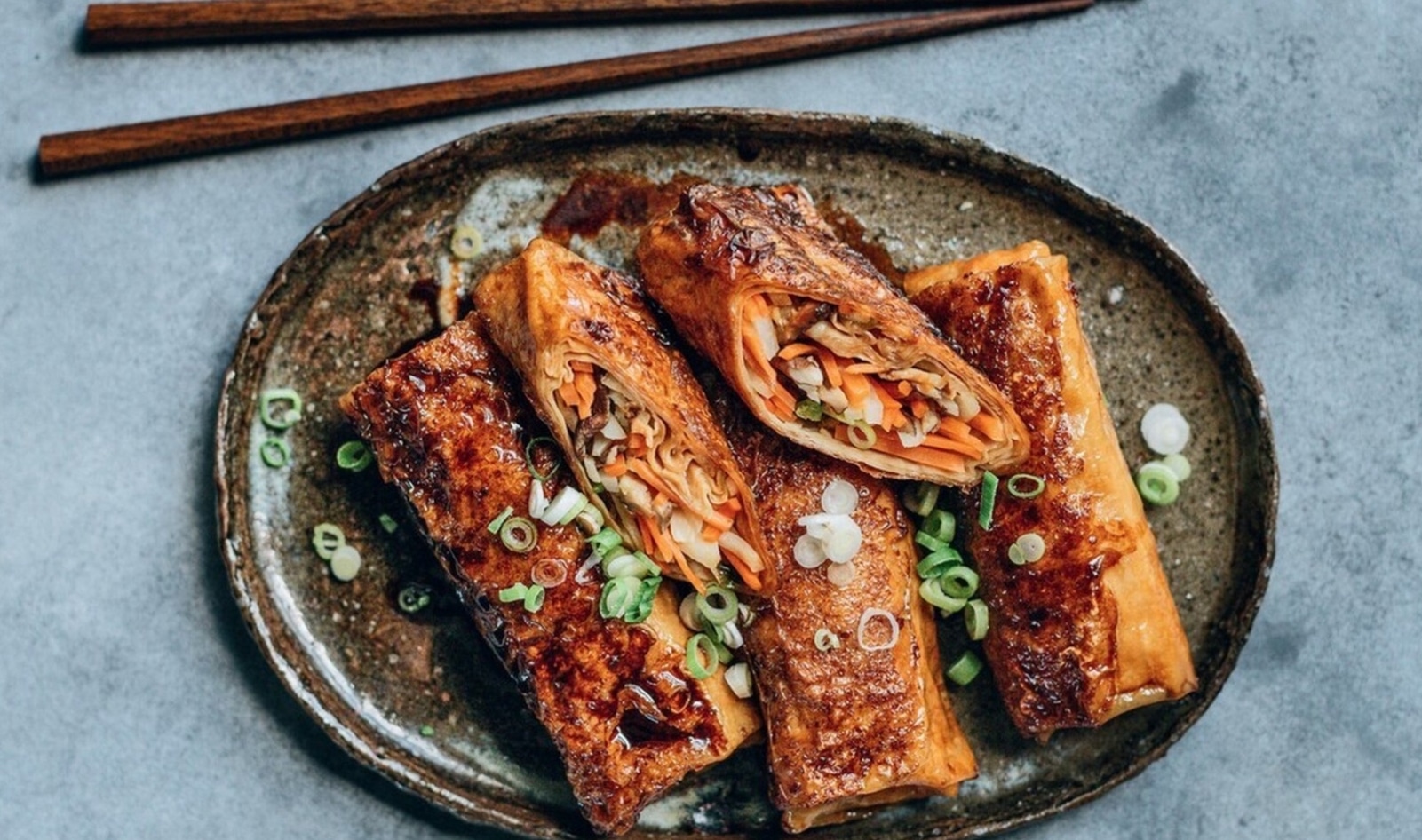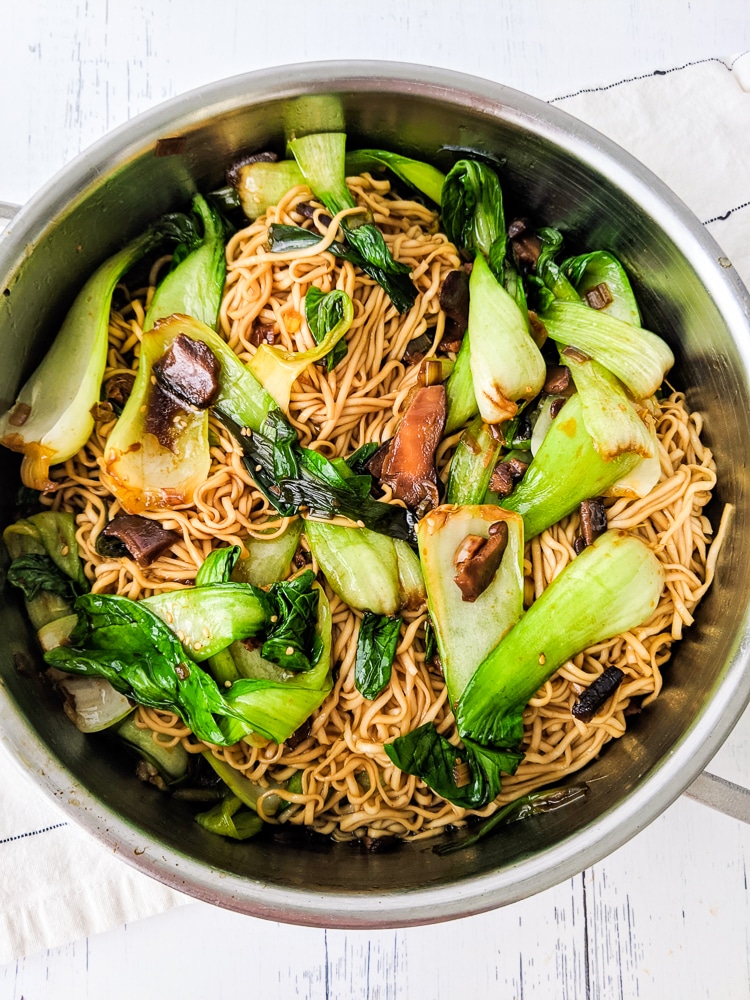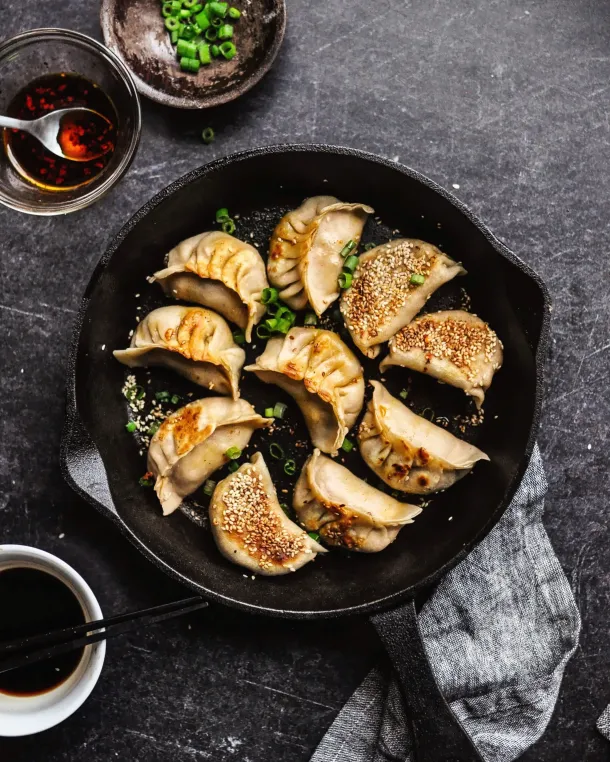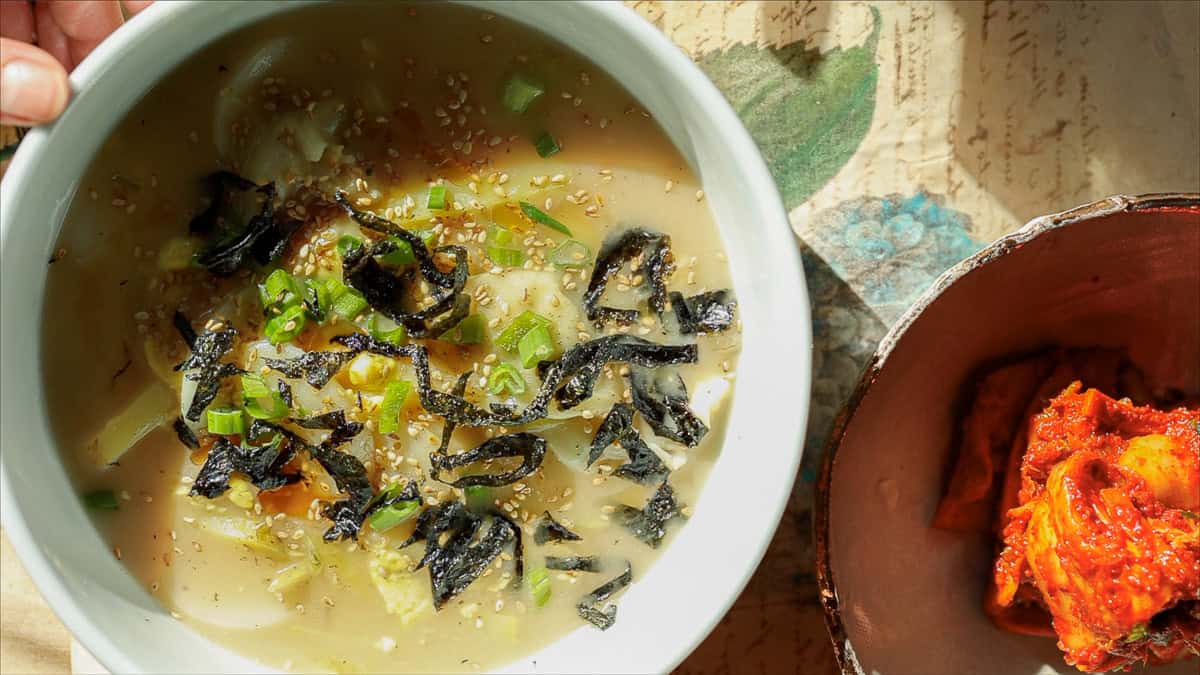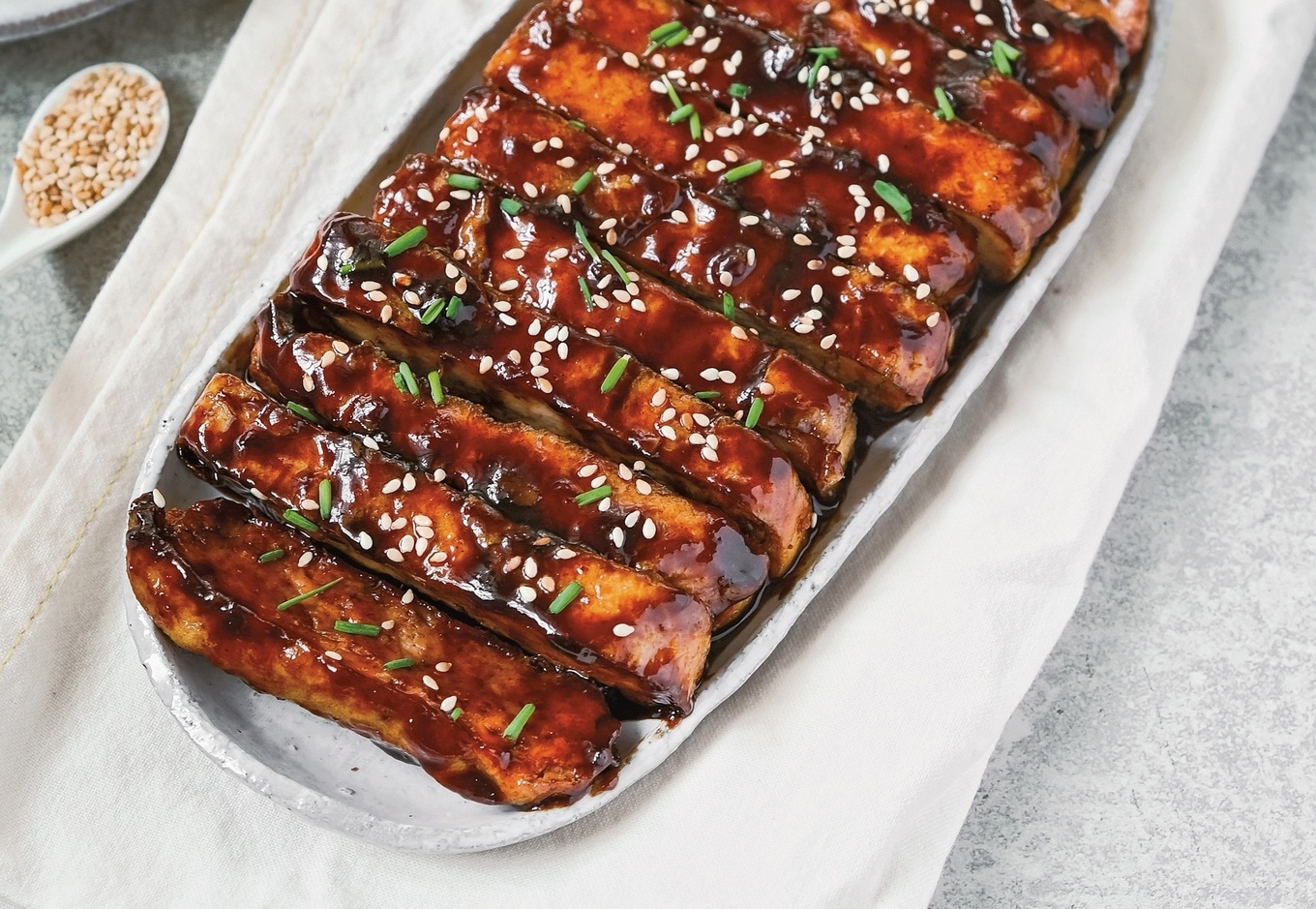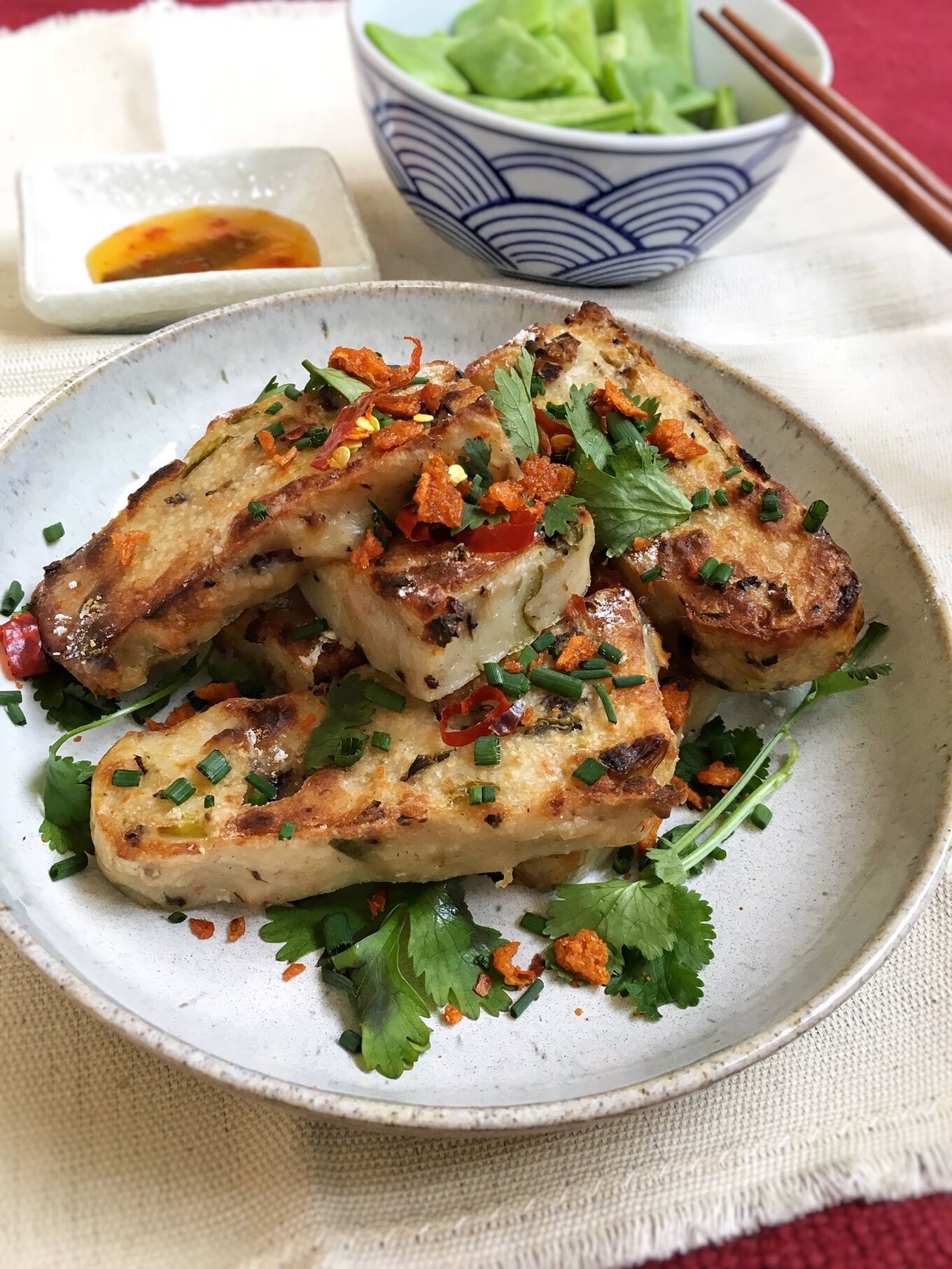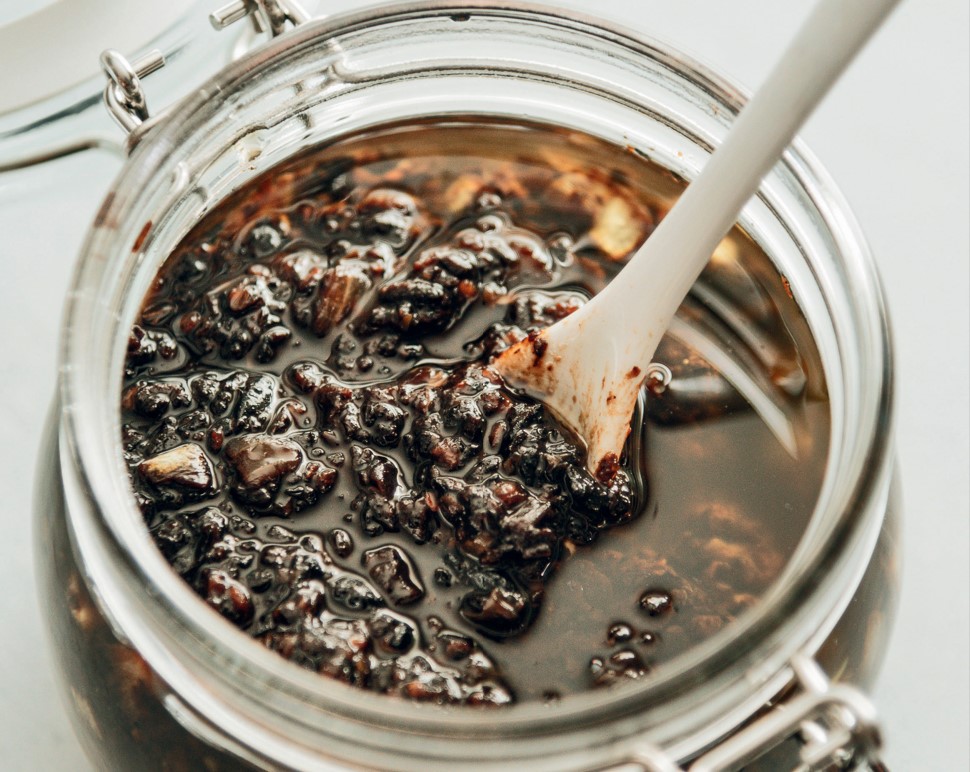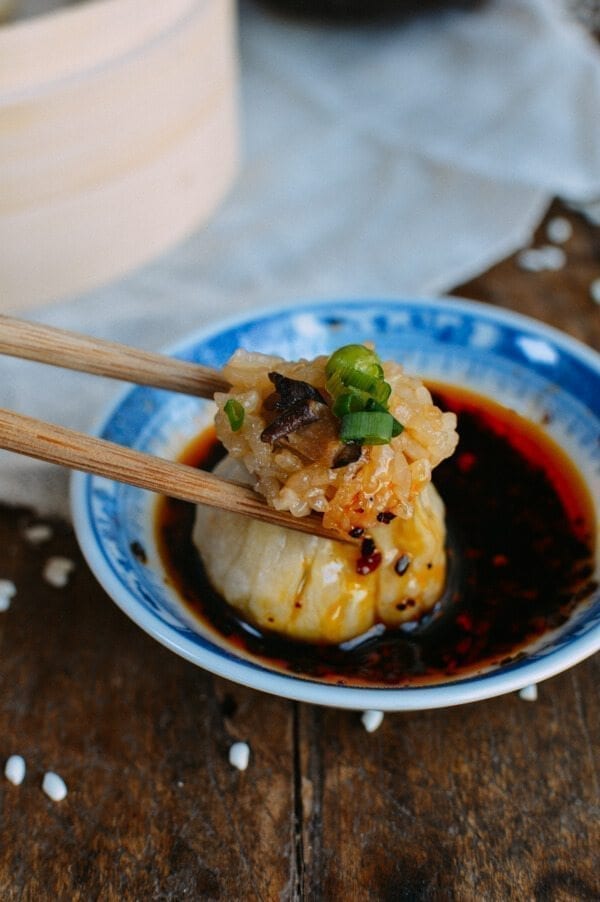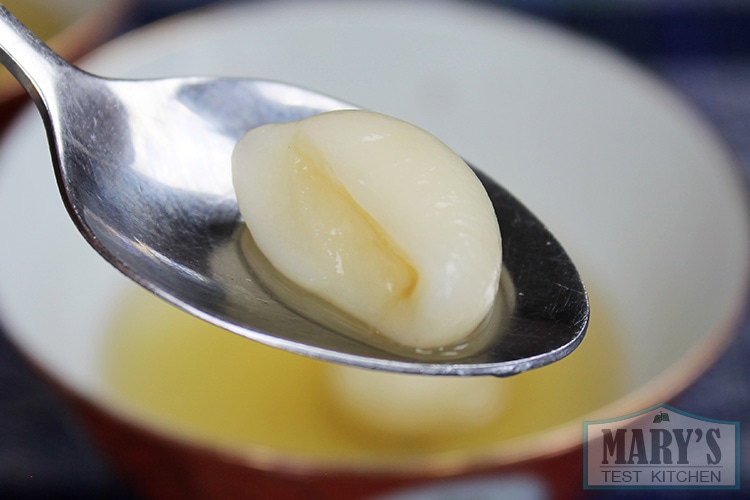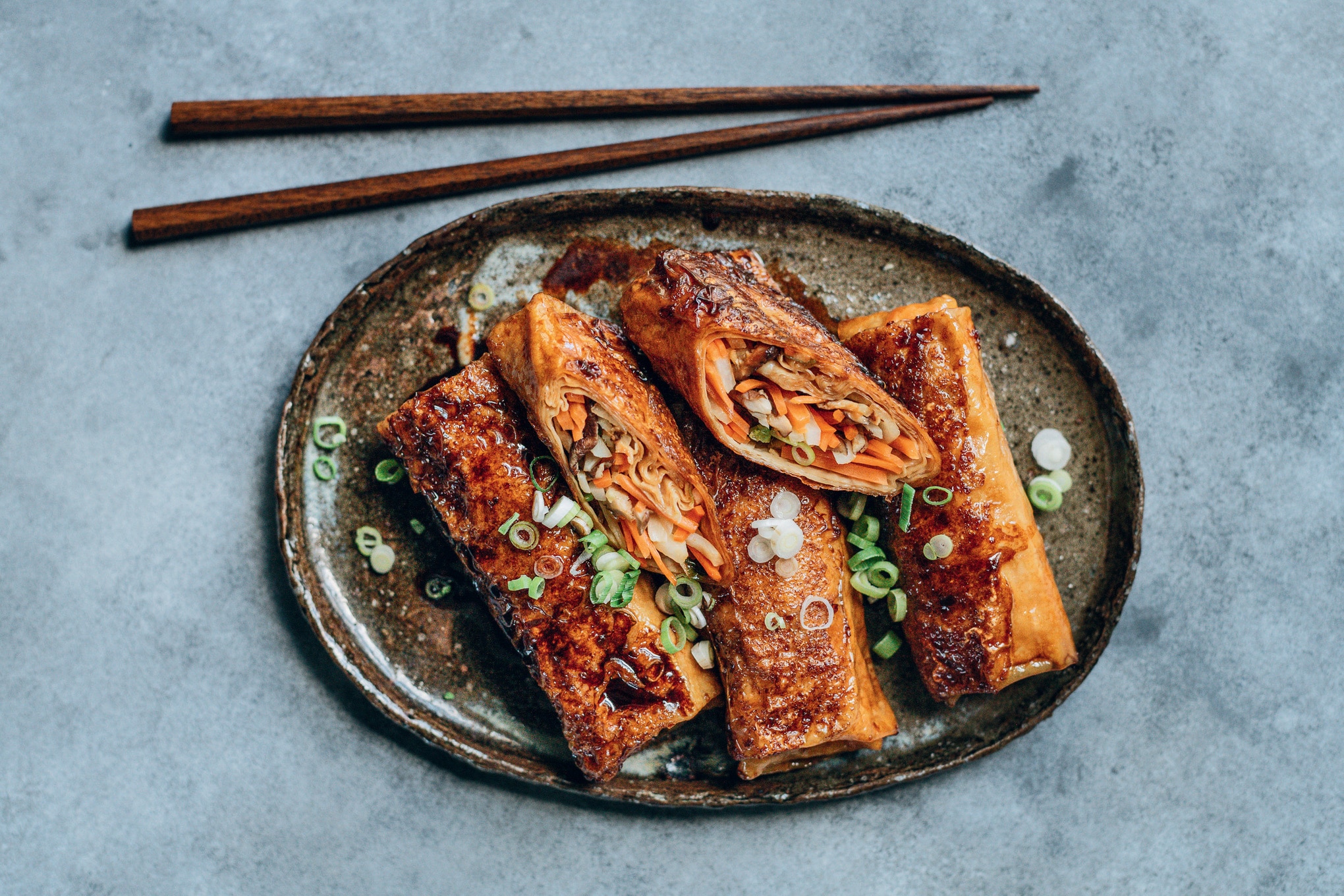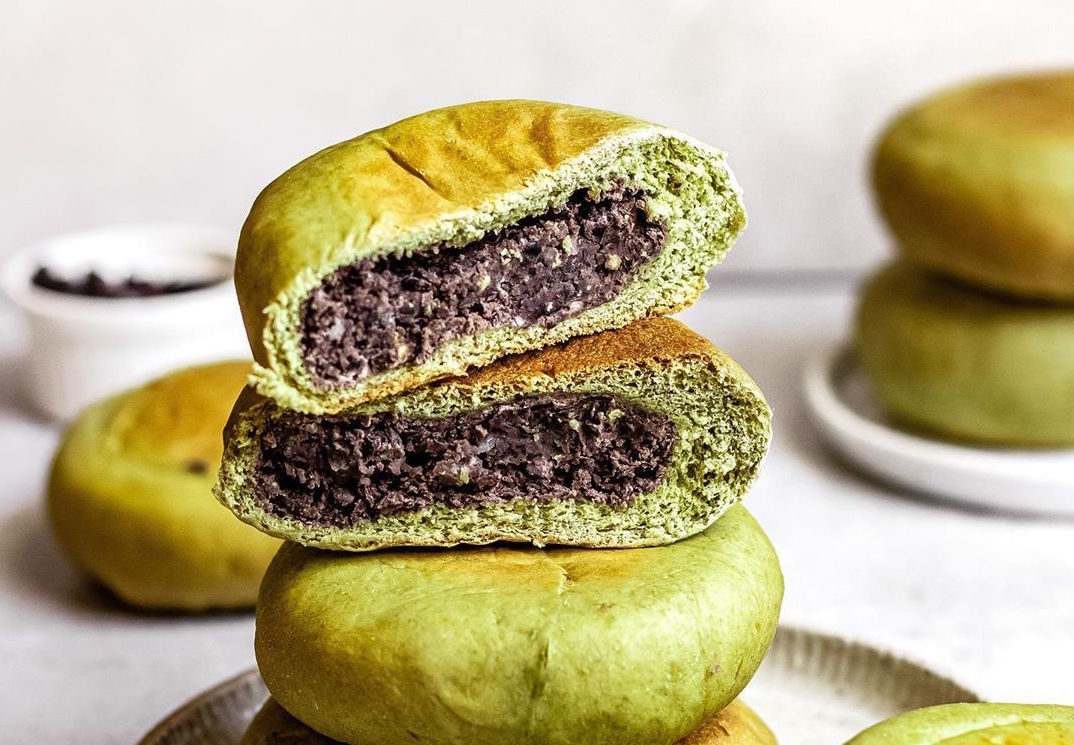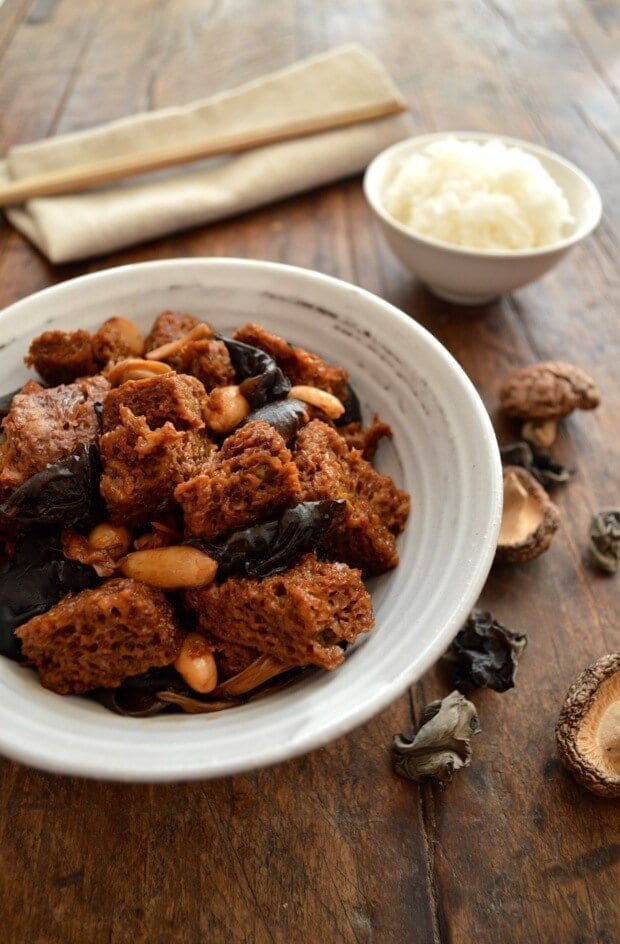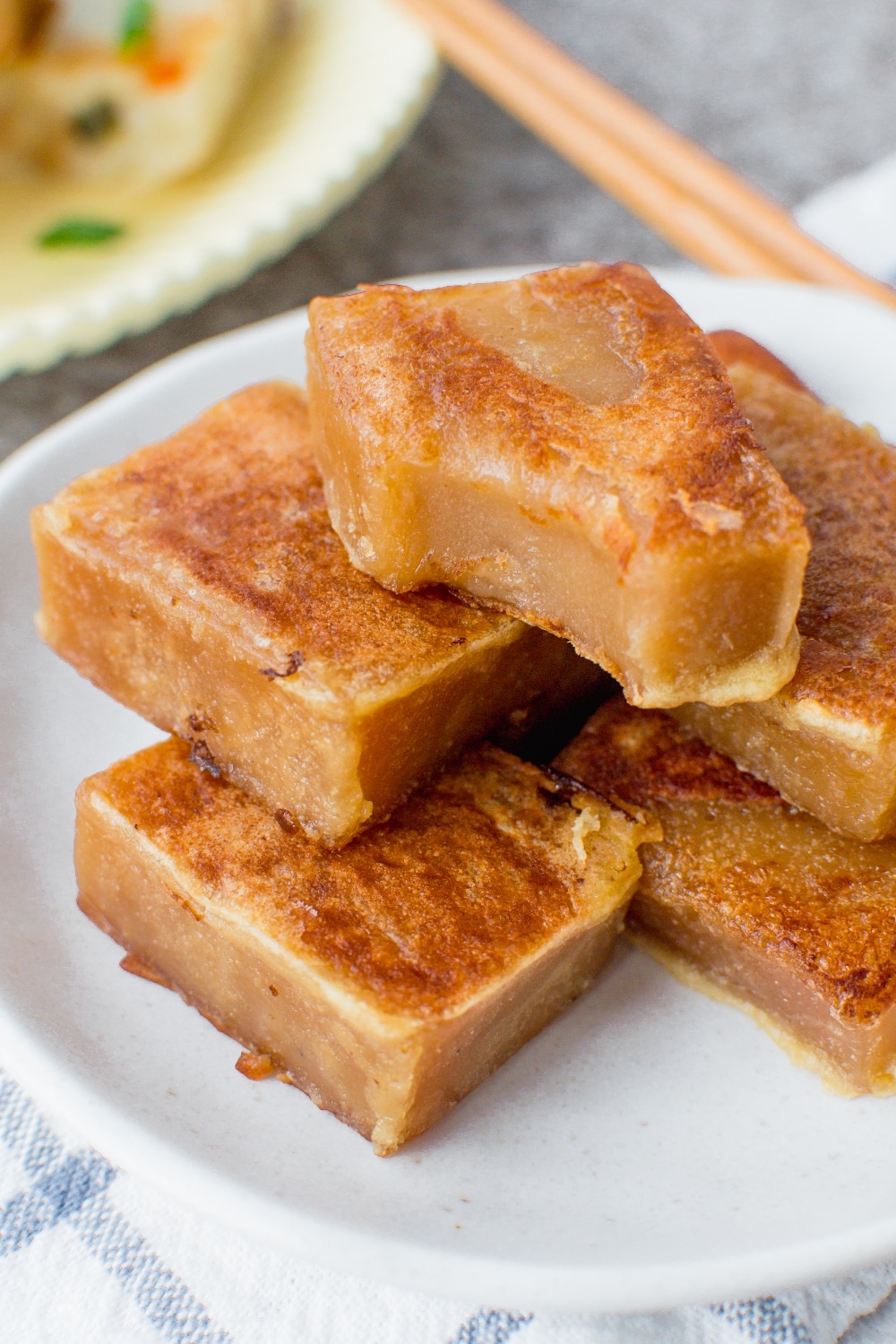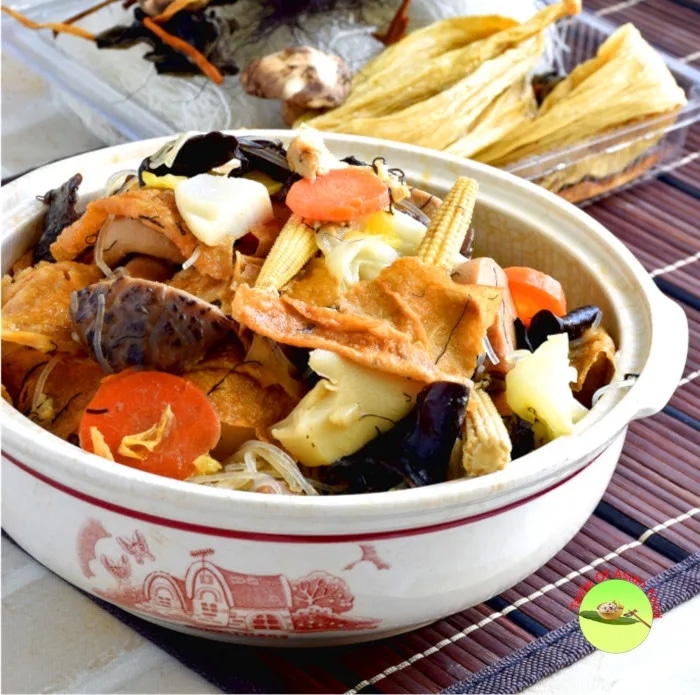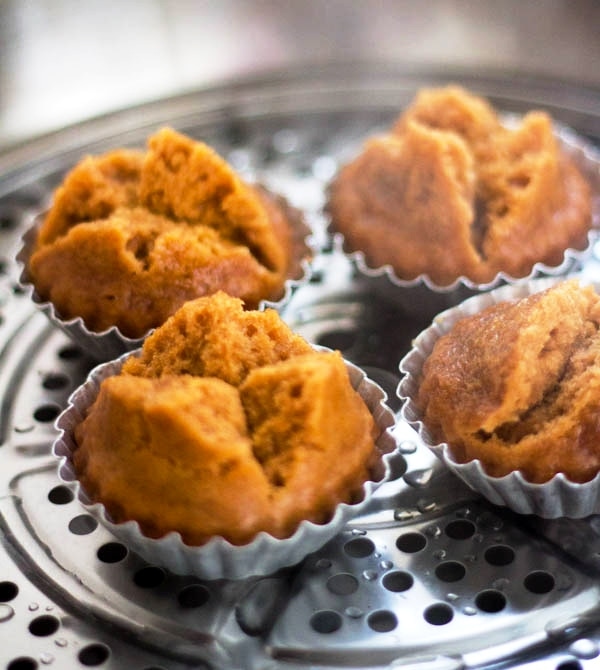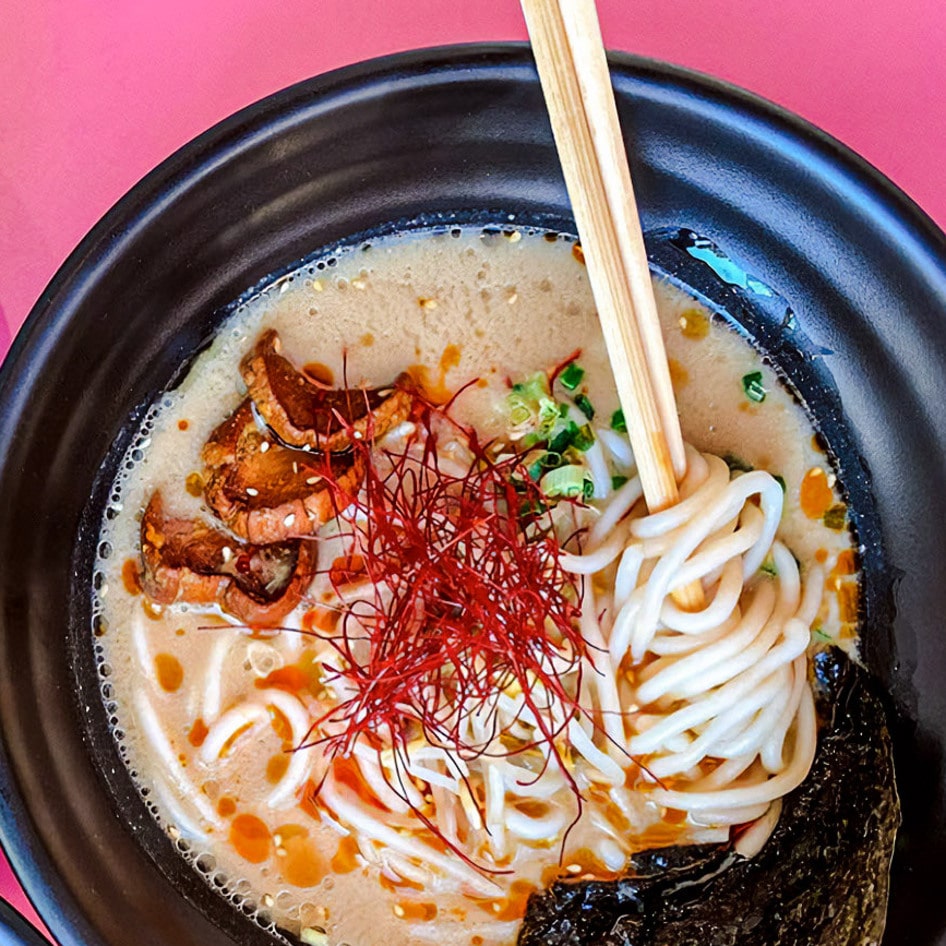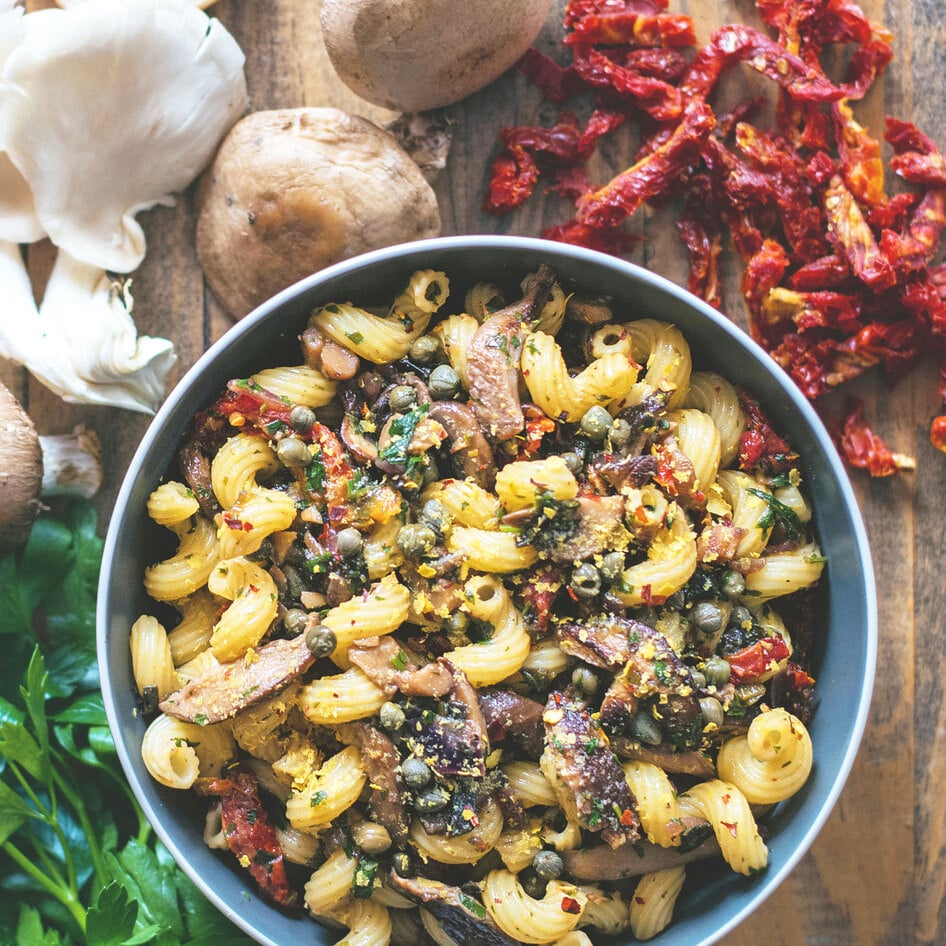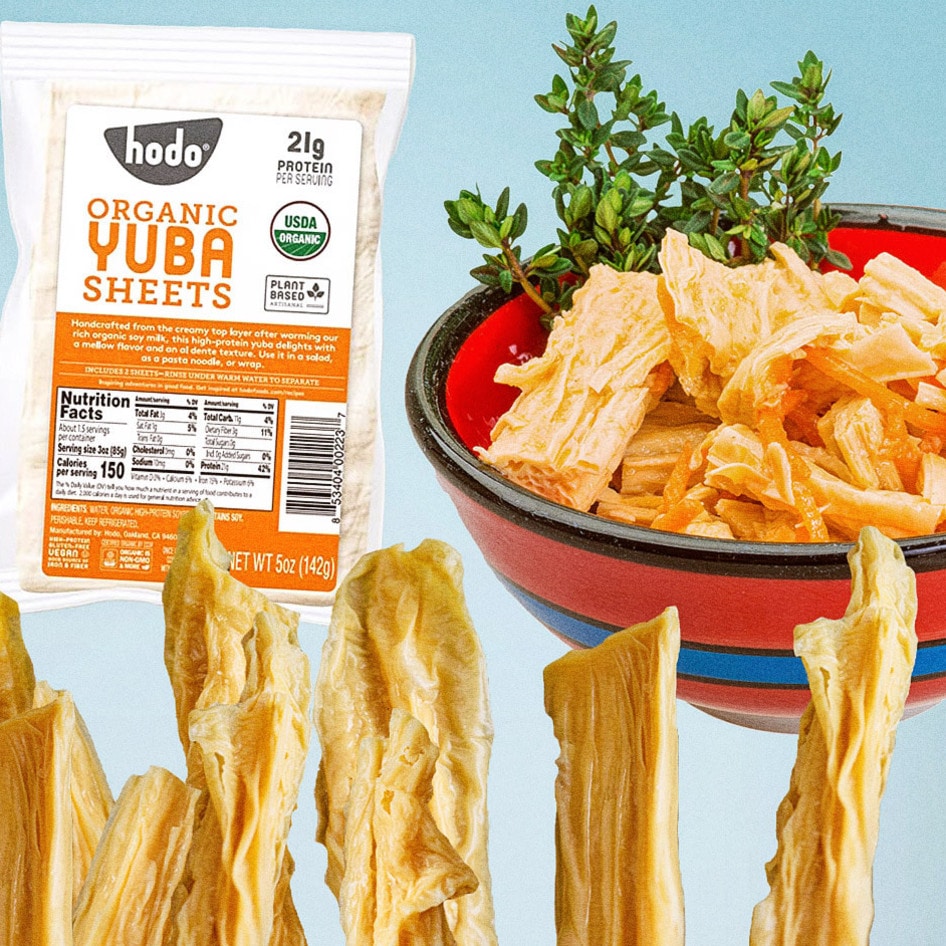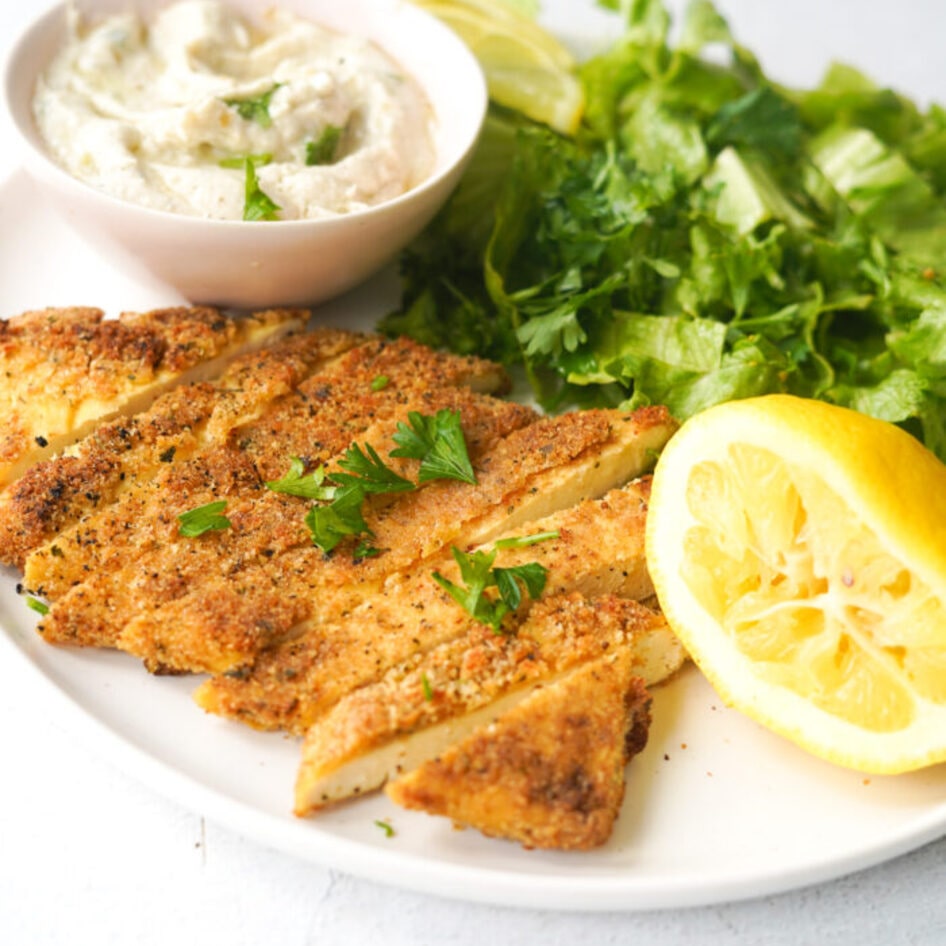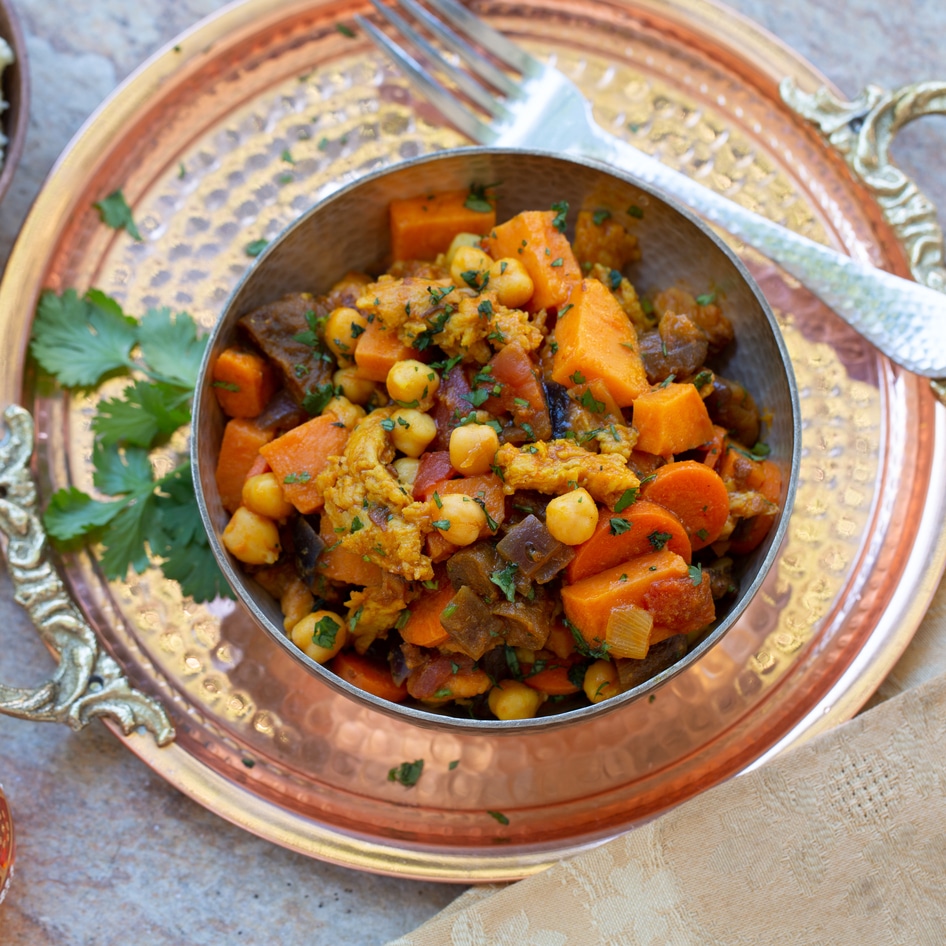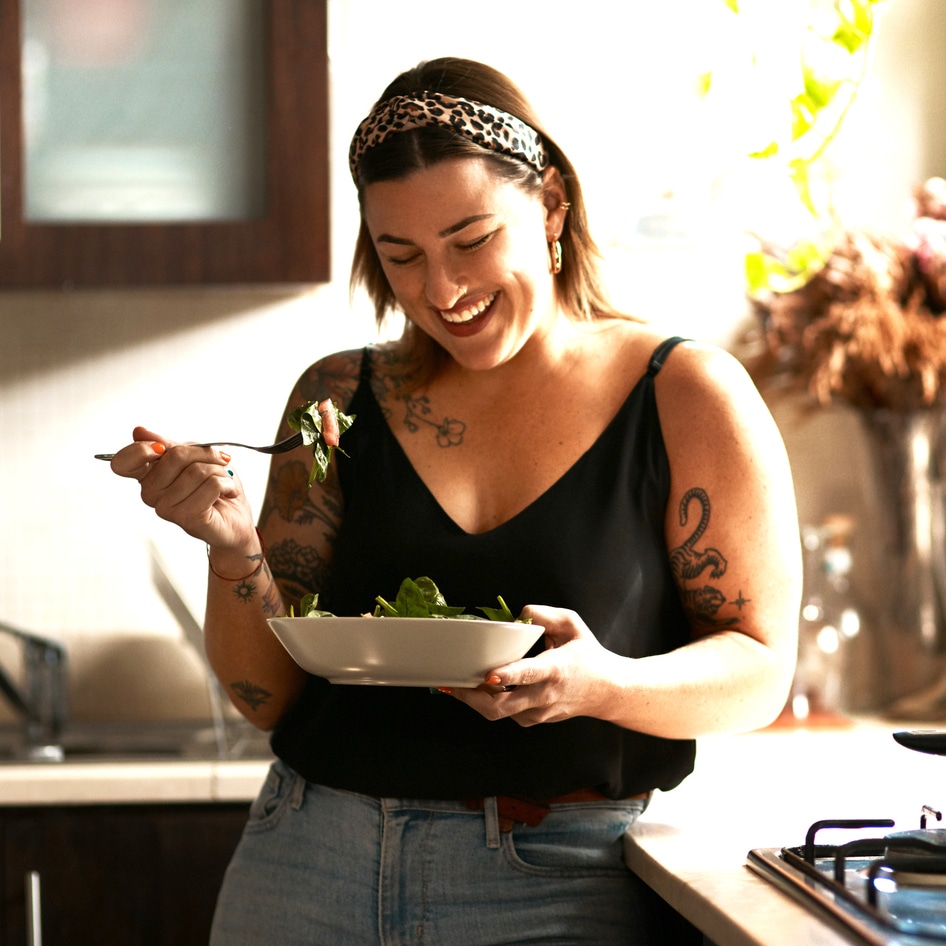February 17 marks the first day of the Lunar New Year in 2026, kicking off multiple days of festivities, feasting, and fireworks. Celebrated by multiple nationalities across East and Southeast Asia, the specific traditions range from culture to culture, but for many, this is a time to honor and celebrate family and usher in a new spring.
For Chinese and Vietnamese celebrations, the holiday also corresponds with a zodiac symbol—2026 marks the Year of the Horse in both cultures. In alignment with getting together with family, food plays a central role in the festivities across countries.
What is Lunar New Year?
Lunar New Year is a three-to-15-day celebration (depending on the country) that corresponds to the lunar calendar. Each year, the beginning of the holiday is determined by the rise of the first new moon and concludes with the rise of the full moon.
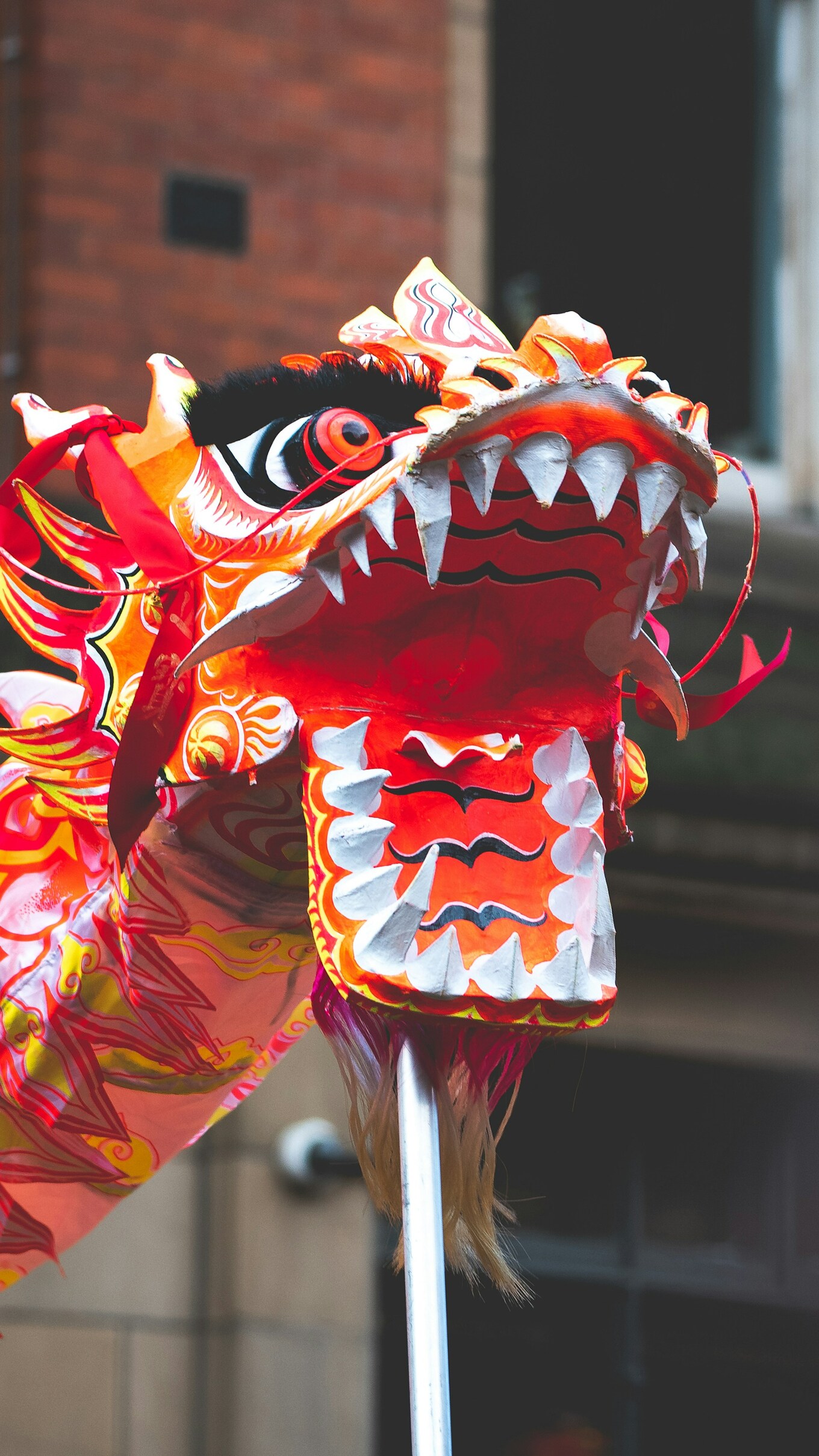 Valentin Petkov | Unsplash
Valentin Petkov | Unsplash
In China, it is referred to as the Spring Festival; in Vietnam, they call it Tết; and in Korea, it’s Seollal. All acknowledge the coming of a new spring season and revolve around family gatherings, food, and time-honored traditions such as gifting small amounts of money, honoring ancestors, and lantern festivals. In addition to the first-day feast, food is also used as a gift and symbol of good fortune.
What are traditional Lunar New Year foods?
Food traditions vary from culture to culture, though there is some commonality among these dishes. Candied fruits and nuts, glutinous rice dishes, and whole fish may have different names across countries, but you’ll find some iteration of all of these no matter where or with whom you celebrate. While recreating a whole, plant-based fish may be challenging, many traditional Lunar New Year dishes can easily be enjoyed as a vegan.
How to celebrate Lunar New Year with vegan foods
Serena Poon, a celebrity chef, nutritionist, longevity wellness expert, and founder of Serena Loves, is passionate about a plant-forward approach to diet. So when the Lunar New Year rolls around, she enjoys experimenting with new ways to embrace tradition without any animal products. Umami-rich ingredients like seaweed, mung bean noodles, vegetable broth, lotus root, and mushrooms are some of her favorites. “In my experience, the essence of a traditional recipe can be beautifully preserved with thoughtful vegan swaps,” she tells VegNews.
“In honor of tradition and the deep cultural significance of our ingredients, I often turn to mushrooms, seaweed, and both lotus root and seeds,” Poon says. These ingredients don’t just serve as meat alternatives or sources of umami; they also embody symbolic meanings of longevity, prosperity, and vitality.”
Poon is not alone. The nutritionist says that more people than ever are “feeling empowered” to make Lunar New Year menus their own. After all, all over the world, dietary trends are continuously changing and evolving. “Individualizing a Lunar New Year menu can mean different things for different families,” she explains. “Some may lean into a plant-based meal, others may create delicious dumplings with a gluten-free wrapper, and some may take a lower-sodium approach.”
Poon recommends starting with traditional foods and then simply adding in vegan ingredients. “For those cherished longevity noodles, I recommend opting for mung bean or sweet potato noodles, which are not only easy to find but also have additional health benefits,” she says. “Dumplings and spring rolls, annual favorites for the New Year, can easily be adapted to delicious vegan versions.”
15 vegan Lunar New Year foods
To help you celebrate the Year of the Horse, we’ve gathered a few of our favorite vegan dishes below for the ultimate Lunar New Year spread.
BECOME A VEGNEWS VIP: Get exclusive product deals, freebies, and perks galore!
1 Vegan Longevity Noodles
Traditionally made using egg noodles, longevity noodles are a central part of Lunar New Year celebrations. A symbol for good luck, the noodles also symbolize a long life, and as such, should not be cut. This recipe swaps out the egg noodles for dried wheat noodles and packs on the veg for a plant-based take on this celebratory dish.
Get the recipe
2 Vegan Mushroom Potstickers
Dumplings are another must-have dish for Lunar New Year celebrations. Their variety is infinite—sweet, savory, steamed, pan-fried—and you can stuff and prepare them any way you like. These shiitake mushroom potstickers (a type of dumpling) are crisp on the outside, juicy on the inside, and bursting with umami. Make a large batch and freeze a few (uncooked) to last you the entire week.
GET THE RECIPE
3 Korean Rice Cake Soup
As devout fans of The Korean Vegan, we turn to Joanne Molinaro for recipes that honor the Lunar New Year in accordance with Korean customs. Tteokguk, or rice cake soup, is a comforting dish and new year tradition. The rice cakes symbolize purity and blessings to come.
GET THE RECIPE
4 Almond Cookies
In Chinese tradition, almond cookies are said to bring good fortune for the New Year. Not only are these crispy cookies deliciously tasty, they’re also easy to make. They’re just sweet enough, and their crunchy texture makes them perfect for dunking into a strong cup of tea. This particular recipe happens to shape them into adorable mice, but you can always roll the dough into a more traditional (and less labor-intensive) circular cookie shape.
GET THE RECIPE
5 Vegan Sticky Sweet Char Siu Tofu
Char siu is traditionally made with pork, but in this recipe, you’ll learn how to get the same deliciously meaty texture without any animal products at all. Featuring pan-fried extra-firm tofu coated in a rich blend of vegan hoisin, brown sugar, soy sauce, garlic, ginger, Shaoxing wine, Chinese five-spice, and sriracha, it’s the perfect, rich mix of sweet and savory flavors. Plus, some families believe simply having char siu on the table is a good omen for a year filled with delicious food.
Get the recipe
6 Taro Root Cakes
Lo bak go is a savory, dense cake made with taro root or turnips. This dish is a common holiday staple that represents moving on up in life, whether professionally or personally. Traditional recipes call for dried shrimp and/or Chinese sausage—both are replaced in this recipe with meaty shiitake mushrooms. How you enjoy them is up to you—either leave them steamed or take an extra step to pan-fry for a crispy-edged finish.
GET THE RECIPE
7 Vegan Chinese Black Bean Sauce
This homemade, versatile sauce, which is made with fermented black beans, Shaoxing wine, soy sauce, and aromatic spices, is ideal for adding umami to fried rice, noodles, and stir-fried vegetables.
Get the recipe
8 Sticky Rice Mushroom Shumai
One look at this puckered dim sum has us drooling. This recipe layers on the textures and flavors with a mix of sticky rice, shiitake mushrooms, and a complex sauce to coat every single crevice. Not only is shumai an explosion of flavors, but its money bag shape is another tenet of Lunar New Year celebrations, as it’s representative of wealth.
GET THE RECIPE
9 Sweet Chinese Rice Dumplings in Ginger Syrup
These sweet dumplings, or tong yuan, are made with glutinous rice flour. Despite its name, this flour is actually gluten-free, and it’s the same used to make the outer chewy shells of mochi. The result is a lightly sweet, toothsome dessert one can enjoy while viewing the holiday’s concluding event: the lantern festival.
GET THE RECIPE
10 Vegan Bamboo Shoot and Mushroom-Stuffed Yuba Rolls
This classic Chinese dim sum dish features shredded vegetables, shiitake mushrooms, and bamboo shoots encased in soft yuba sheets. Finish with a soy sauce glaze for a perfect blend of flavor and texture.
Get the recipe
11 Vegan Pandan Buns With Sweet Bean Filling
These pillowy soft and fragrant buns, which are filled with a tasty sweet black bean paste, are super easy to make. You can usually find pandan, a sweet and fragrant plant popular in Asian cuisine, at a local Asian market.
Get the recipe
12 Braised Wheat Gluten With Mushrooms
You’ll have to swing by your local Asian market to pick up the main ingredient for this cold appetizer, and once you try it, you’ll constantly crave it. Hong shao kao fu is made with dried wheat gluten, wood ear mushrooms, dried lily flower, and peanuts, all soaked in a dark, slightly sweet soy-based sauce. The dried wheat gluten is very similar to tofu in that it acts like a sponge, soaking up whatever flavors you add to it. Bonus to the vegan nay-sayers: this dish has a ton of protein.
GET THE RECIPE
13 Vegan Sweet Rice Cake
Nian gao is pure and simple. This sweet, dense dessert represents growth and progress, and best of all, it requires only four ingredients and the result is nothing short of addictive. Don’t be surprised if you find yourself craving these sweet squares instead of cake in the next coming weeks.
GET THE RECIPE
14 Buddha’s Delight
Lo han jai—more commonly known as Buddha’s Delight in the US—is often parred down in Chinese American restaurants. The traditional vegan dish includes 18 ingredients to represent the 18 Arhats or Chinese saints. It’s also a go-to dish on the first day of Lunar New Year celebrations, as it’s tradition to enjoy an animal-free dish.
GET THE RECIPE
15 Fortune Cake
The ingredients for fa gao are simple, but the result is impressive. This humble cake made from all-purpose flour, water, brown sugar, and baking powder puffs up when steamed. Representative of good fortune and prosperity, these are served for both breakfast and dessert.
GET THE RECIPE
For more plant-based stories like this, read:
JUMP TO ... Latest News | Recipes | Guides | Health | Subscribe

